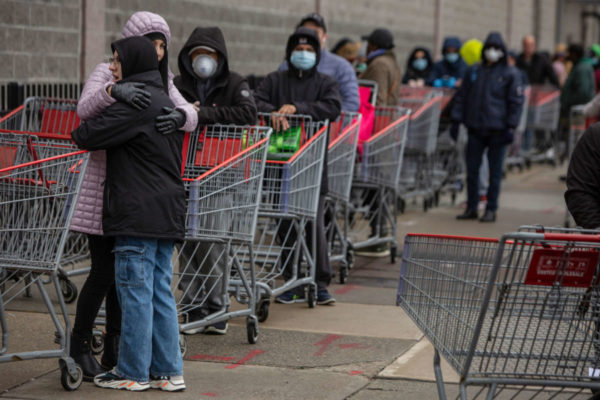All of this is to say that we cannot solve the problem of police violence by avoiding the problem of poverty. Yet this is exactly what the “defund” solution threatens to do. In a remarkable twist, liberal militants have embraced austerity as a solution for local government. Slashing police budgets has been so widely accepted on the Left that criticism of it—on welfarist grounds, policy implementation, or simple political commonsense—has been labeled reactionary or racist. The reality, as I have tried to show, is that if defunding the police were to result in fewer beat cops, more poverty wages for officers in already poor districts, less police training and effectively no change in the presence of guns or the rate of poverty, then the defunding “solution”—for all its radical rhetoric—would likely result in more, not fewer, incidences of police lethality.










